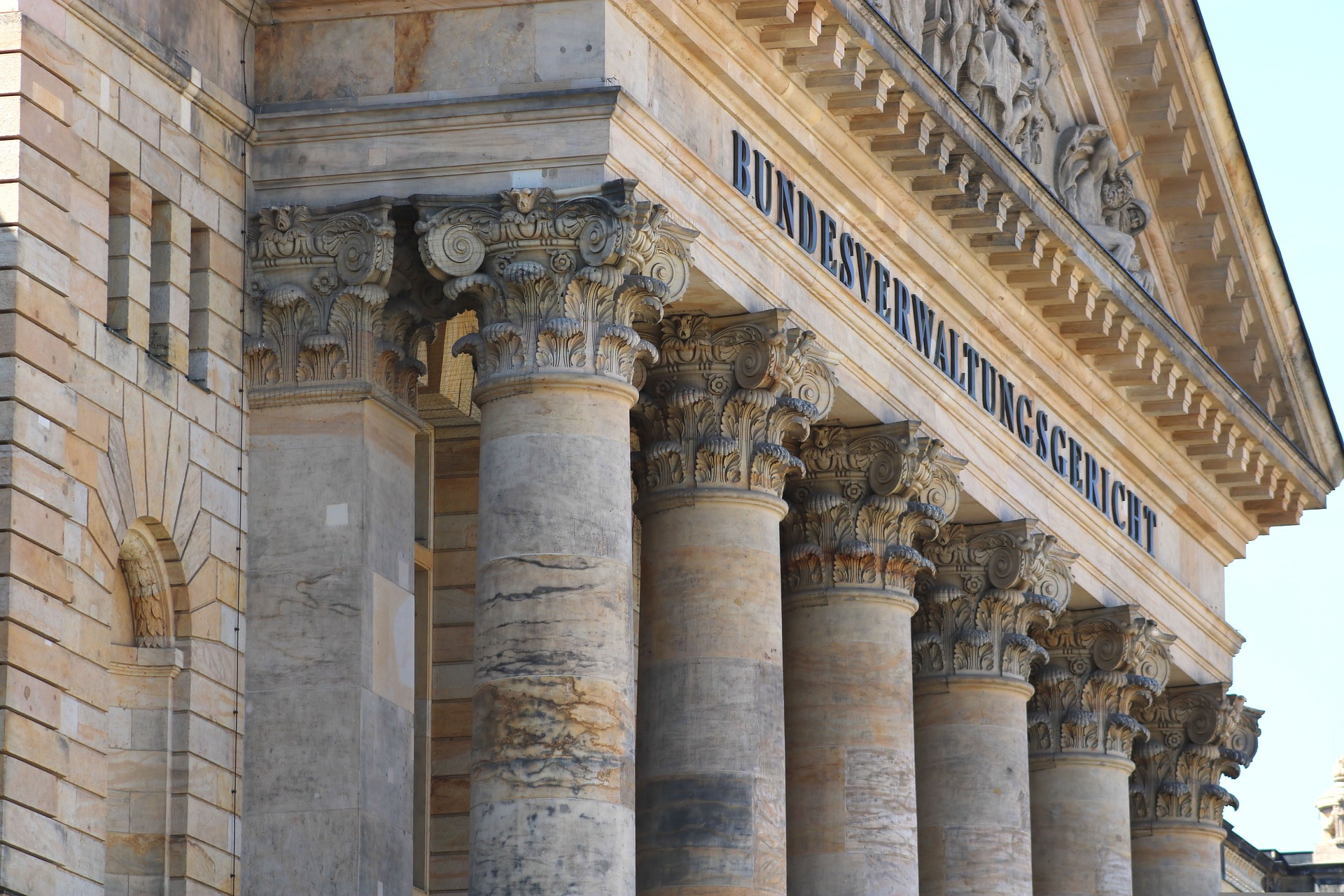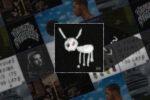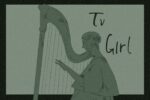A hopeful horizon for the future of freedom of speech has become seemingly more distant for both career entertainers who seek to defend their decades-old work and rookies who are trying to gain a foothold on a relentlessly slippery slope. The most affected are ultimately members of the hip-hop community facing the threat of a hefty prison sentence for lyrics they shared in the spirit of creative expression. The size of the crowd is substantial, as there are defendants from more than 500 criminal and civil cases in which an artist’s lyrics were presented as evidence for crimes they likely did not commit — or even know about. For the first time on a federal level, the Restoring Artistic Protection Act, or RAP Act, aims to affirm the right of all creators to undertake artistic endeavors without having to face unwarranted legal trouble.
Words from the Wiser
The origins of hip-hop are inextricably coupled with the remaining rubble of the American capitalist machine and its oppressive politicians and policies. Since its early days, “in the trenches of the South Bronx,” hip-hop has provided a voice to members of often silenced or ignored communities. There is an extraordinary opportunity for creators who come from bleak circumstances to express themselves in the form of lyrics and beats, something that has been magnified by the rapid growth of hip-hop into a “multi-billion dollar industry.” Rap, a subgenre of hip-hop, is particularly affected by the oppressive tactics of the biased judicial system in a manner not seen with other forms of artistic expression. Lyrics rich with compelling literary devices and poetic forms can be used in educational and positive ways but are instead treated as post-hoc evidence of guilt.
The beginnings of any revolution are found among the disillusioned and determined portions of the population. Individuals that maintain an ideology inherently opposed to conventional doctrine — one that most often assaults their way of being — are dared to independently rectify any damages it causes. Naturally, hip-hop culture refuses any air of sadness in favor of the promise of prosperity sewn into the American Dream.
Rewriting Words with Lies
In response to the dissonance created by the hip-hop community, prosecutors have dislodged the abstract nature of an artist’s song lyrics from the lyrics themselves. In effect, there is an increasing number of prosecutors pursuing cases wherein they introduce rap lyrics “at any stage of criminal proceedings” and treat them as “autobiographical confessions of illegal behavior or evidence of a defendant’s knowledge, motive or identity with respect to an alleged crime.”
In their book, “Rap on Trial: A Legal Guide for Attorneys,” authors Jack Lerner and Charis Kubrin and the Intellectual Property, Arts and Technology (IPAT) Clinic at the University of California in Irvine discuss the implications of the “Rap on Trial” phenomenon for creative expression, free speech and the right of all Americans to receive a fair and just trial. They also explicate “common rap conventions” foreign to any given legal proceeding; present “an overview of empirical research on rap and bias”; present the “legal groups for evidentiary and First Amendment challenges to admitting lyrics into trial”; and provide recommendations for jury selection proceedings.
The many court cases available on the “Rap on Trial” website illustrate the various strategies enacted by a prosecutor in a case involving rap lyrics. The most pertinent of prosecutorial strategies is to evoke enduring “stereotypes about rap music and the young men of color who are its primary creators.” The young men tend to be members of Black and Latino communities who are often irresponsibly viewed as violent, hypersexual and dangerous.
Prosecutors often callously attribute an artist’s alleged actions to immature notions about Black culture such as oversimplified ideas of gang violence and the desire for “street cred.” Such behavior is reminiscent of persecutory behavior by police departments in the form of over-surveillance and harassment of rap artists as well as the denial of artists’ access to their own performance venues due to concerns of “threat[s] to public safety.”
A Pantheon of Paradoxes
The inevitable consequence of the overzealous prosecution of rap artists is a trickle-down of racist sentiment to the general population, further perpetuating the wrongful convictions of artists. Furthermore, even iconic artists may sit in jail until a judge almost certainly throws out the charges against them. Although the musician could sue for a massive settlement, there is ultimately a net loss of time for all those involved in the court proceedings as well as money spent by the local government. Moreover, a failed or wrongful conviction case leaves residue on an attorney’s reputation. Most importantly, the disregard for the First Amendment evident when rap lyrics are allowed to stand as legal evidence reveals a questionable commitment to the Sixth Amendment. The RAP Act is not raising the question of guilt versus innocence but rather the question of a fair trial and an unbiased jury.
In response to constitutional ignorance, the RAP Act appears to confront the double standard illustrated in the 2021 Bey-Cousin v. Powell case by the point, “Freddy Mercury did not confess to having ‘just killed a man’ by putting ‘a gun against his head’ and ‘pulling the trigger.’ Bob Marley did not confess to having shot a sheriff. And Johnny Cash did not confess to shooting ‘a man in Reno, just to watch him die.’”
Hope, That’s All She Wrote
On July 27, two Democrats in the House of Representatives, Hank Johnson of Georgia and Jamaal Bowman of New York, presented the RAP Act to the House and released a joint statement wherein they declared, “The First Amendment guarantees the right to freedom of expression. But freedom of expression is stifled when safeguards are not in place to ensure an artist’s art is not wrongfully used as evidence against that artist. The RAP Act puts those safeguards in place to ensure that First Amendment protection is a reality for all artists in America.”
The RAP Act would support artists and protect creative expression by adding the presumption to the Federal Rules of Evidence “that would limit the admissibility of evidence of an artist’s creative or artistic expression against that artist in court.”
Notable supporters of the RAP Act include the Recording Academy, the Recording Industry Association of America, Universal Music Group, Sony Music Group, Warner Records, Atlantic Records and many other companies and musicians.
Previous efforts to preserve creative expression had previously only reached as high as the state level. In August, the California Senate and Assembly unanimously approved the Decriminalizing Artistic Expression Act. On Sept. 30, California Governor Gavin Newsom signed it into law.
Similarly, the New York Senate passed the “Rap Music on Trial” bill in May, requiring lyrics “to be proved in a ‘literal’ sense” versus in “a scenario that is ‘figurative or fictional’ for them to be considered viable evidence.”
Representative Johnson articulated the rationale behind legislation to protect rap artists as creators and public figures by affirming, “Freedom of speech is the constitutional foundation the framers thought necessary to enable a new and free society to craft not only its own destiny through commerce and innovations, but through culture, expression, and art.” Furthermore, “It is no longer enough that the Bill of Rights guarantees that freedom: without further Congressional action, the freedom of speech and of artistic expression present in music will continue to be stifled, and that expression will be chilled until the voices behind that protected speech are silenced.”

















